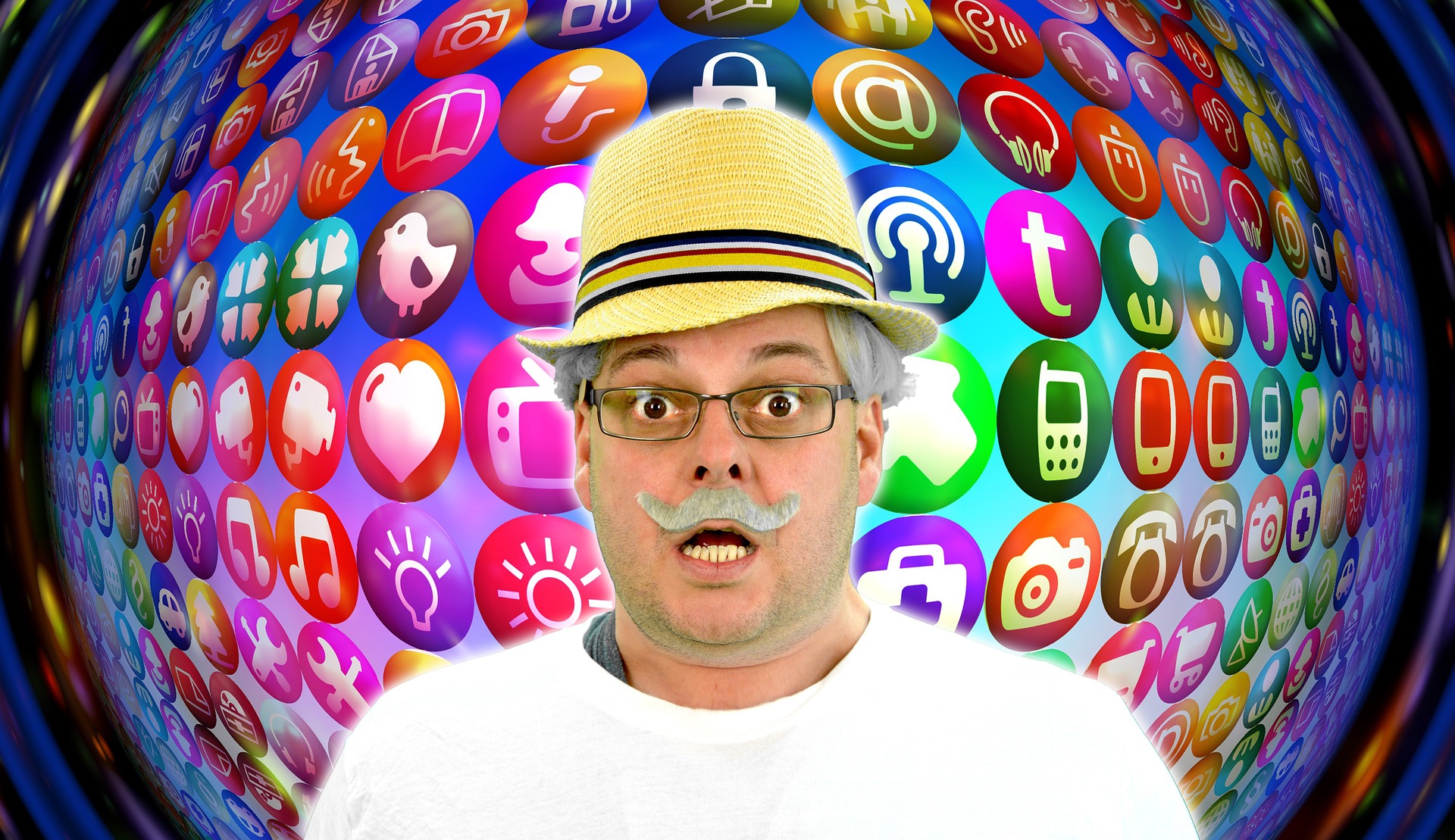Digital skills nowadays are strictly related with the real world and the society.
In fact, as we are in front of the 4.0 revolution, where any human activity interfaces with digital tools, it means we have now to accept to change our approach to the reality: digital is the key language necessary to be learned, becoming as important as being literate or numerate. Knowing how to manage ICT tools is necessary for our lives and eventually for the enhancement of human peculiarities. The digital is a reality, is something that helps us to communicate and to solve problems out in a relatively short time, in our daily lives. Also in the real “actual” world, when we are walking outdoors, when we are paying at the supermarkets and also when we are driving, the digital is an undiscussed tool helping us to live better. But only if we know how to use it properly and this is not expected to everyone.
Some people are naturally drawn by the digital and also naturally able to communicate and act through it as a normal step. On the contrary, there are people that, mainly due to generation causes, are feeling cut off from the society since they cannot be up-do-date to the more recent app or to the most viewed serial TV simply because they cannot have a proper access to internet and its potentiality. This is also called Digital Divide.
We are specifically talking about “Elderly people”. Being the elder age by nature the most resistant to innovation and changes, they have difficulties to adapt themselves to the new generations and also to the 4.0 revolution. Nevertheless, considering active ageing and growing life expectancy of European citizens, it is more and more obvious elders cannot be exempt from digital uprising. When we talk about elders, we talk of a big and growing part of European active population. One of the biggest difficulties of elders in facing digital language is on merging virtual and real world, meaning that human approach and technical tools are often considered as shifted.
However, in the story of humanity mechanic tools did not threatened but even enhanced human capacities, the same way technology does today. ICT tools help us making our lives easier: phone calls go over software-controlled networks; TV is delivered over the web; people purchase throughout the web and soon houses will be controlled with software and also medical care will be delivered over the web. Learn how the digital works means to learn the language of the ICT tools we use every day and it is fundamental to the comprehension of our hyper-connected world.
Toward this intention, an interesting European project funded by Erasmus Plus Programme has been developed by a consortium of 6 EU countries (Bulgaria, Italy, Austria, Portugal, Romania and Poland). In details, the SILVER CODE Project will create an online training platform to developing digital literacy for elder citizens and especially learning basics on how to program. To learn coding means to keep up-to-date personal competences and transversal skills, such as problem solving, team work and analytical thinking and make a significant step towards active ageing. And also to be socially (or digitally) included in a more and more changing and online world.
Source:
Digital skills and inclusion – giving everyone access to the digital skills they need
